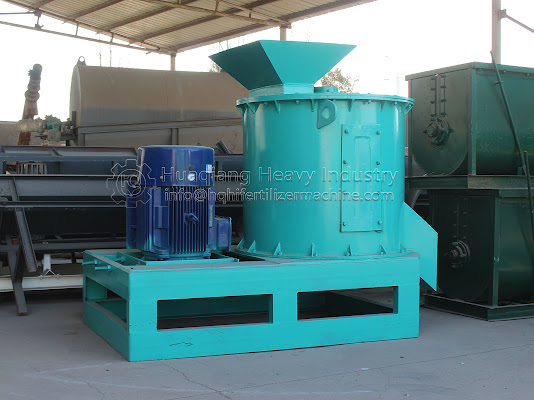The wrong use of organic fertilizer equipment can backfire
Organic fertilizer equipment, if used incorrectly or managed improperly, can indeed backfire, leading to the following problems:
1. Deterioration of soil quality: excessive or improper use of organic fertilizers may lead to excess or imbalance of some nutrients in the soil, such as nitrogen, phosphorus, potassium, etc., thus affecting soil fertility and ecological balance.
2. Environmental pollution: If organic fertilizer is not properly controlled in its application amount and way, it may lead to excessive organic matter entering the soil and groundwater, causing environmental pollution and affecting the health of the ecosystem.
3. Decline in the quality of agricultural products: If the quality of organic fertilizers is not up to standard or not fully decomposed, it may lead to odor, residual harmful substances or microbial pollution of agricultural products, reducing the quality of products and market competitiveness.
4. Economic losses: Incorrect use of organic fertilizers may increase agricultural production costs, for example because large amounts of pesticides are required to cope with the increase in pests and diseases caused by the failure of organic fertilizers to provide adequate nutrients.
Proper use of organic fertilizer production lines is key to ensuring their positive effects, and agricultural producers need to have scientific management and operational strategies to maximize their positive impact on soil and crops.



Comments
Post a Comment